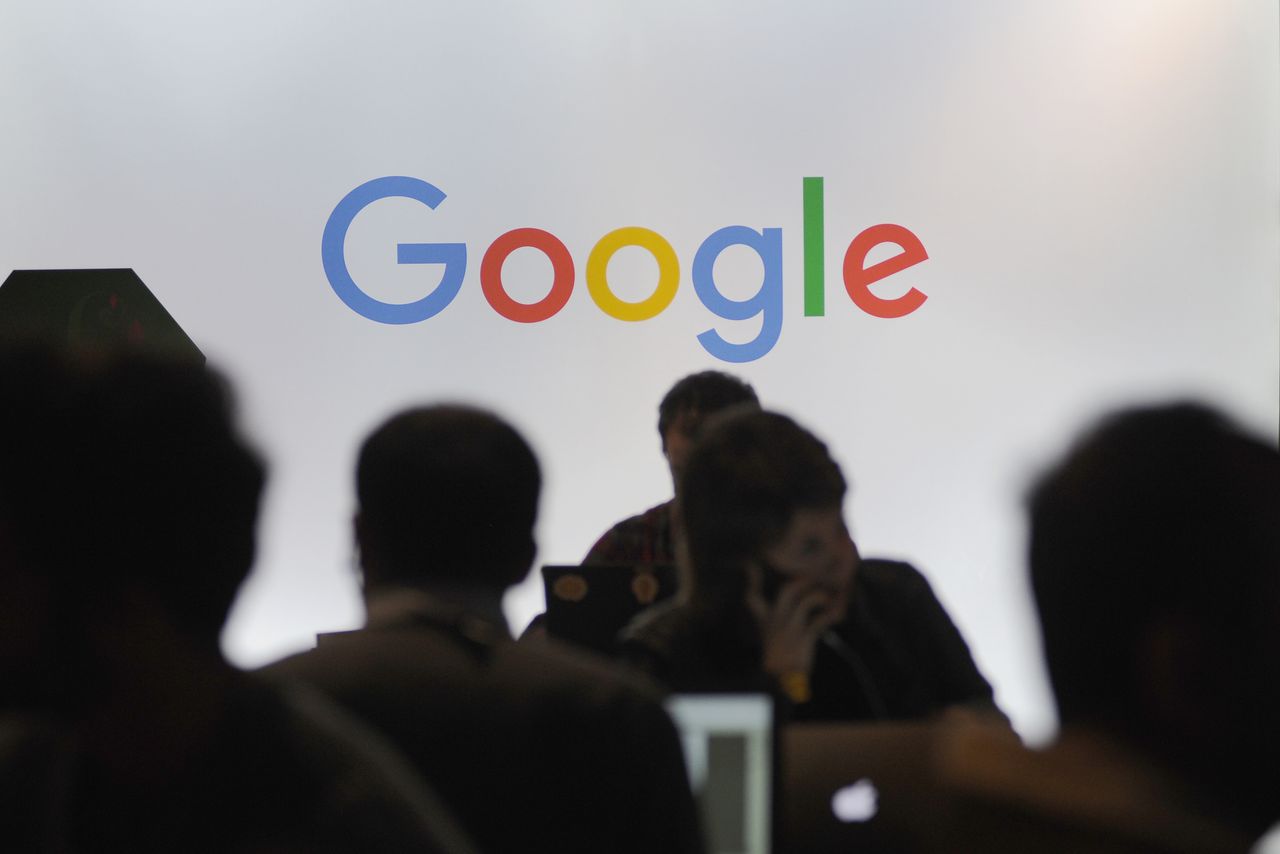The familiar narrative of teens and technology is one of natural proficiency — that young people just get technology in a way that older generations don't. But research suggests that just because children feel at home using smartphones, it doesn't mean they're more aware of the nuances of how the web works. In a new report published by the UK's telecoms watchdog Ofcom, researchers found that only a third of young people aged 12 to 15 knew which search results on Google were adverts, while this figure was even lower — less than one in five — for children aged 8 to 11.
"The internet allows children to learn, discover different points of view and stay connected with friends and family," Ofcom's director of research, James Thickett, told the Financial Times. "But these digital natives still need help to develop the know-how they need to navigate the online world."
31 percent of 12- to 15-year-olds couldn't identify the ads in Google's search results
In the tests carried out by Ofcom earlier this year, children were shown screenshots of Google search results for the term "trainers" and asked whether the results at the top of the page were either a) ads, b) the most relevant results, or c) the most popular results. Despite the fact that these topmost search results were outlined in an orange box and labelled with the word "Ad," they were not recognised as such by 31 percent of 12- to 15-year-olds and 16 percent of 8- to 11-year-olds.
Other tests showed that one in five 12- to 15-year-olds (19 percent) believed that if a search engine listed particular information then it must be true, while just under half of all children (46 percent) could say for sure that Google itself was funded by ads.
More young people preferred youtube to TV for the first time
This lack of awareness of the role of advertisers in the web's ecosystem was also noticeable when it came to young people and YouTube. Ofcom's researchers found that for the first time since they had conducted the annual survey, more 12 to 15-year-olds said they preferred watching YouTube over traditional TV than the other way round. Additional, more than half (53 percent) of those surveyed in this same age group were unaware that vloggers might be paid to endorse certain products.
For organisations worried about the relatively unregulated world of online content these findings aren't good news. Earlier this year, for example, several US consumer watchdog groups filed a complaint to the FTC claiming that Google's YouTube Kids app blurs the lines between ads and original content. And in the UK, the Advertising Standards Authority has even banned videos on YouTube that were not clearly advertised as paid-for content. (The videos in questions featured a "Lick Race" challenge to lick the filling off an Oreo. Some of the UK's most prominent YouTube stars participated, with the videos paid for by Oreo makers Mondelez.)
Although Ofcom's research only examined children's awareness of advertising with regards to Google and YouTube, other social networks — including Instagram and Twitter — have also been criticised for letting paid-for promotions slip under the radar. Instagram is especially well known for its often unofficial celebrity endorsements of products like weight loss teas and teeth-whitening oil. In the US, the FTC says that any commercial relationship between a brand and an endorser online must be "clearly and conspicuously" disclosed, but as Ofcom's tests show, children often do not recognise ads, even when they're clearly labelled as such.
[via The Verge]

No comments:
Post a Comment